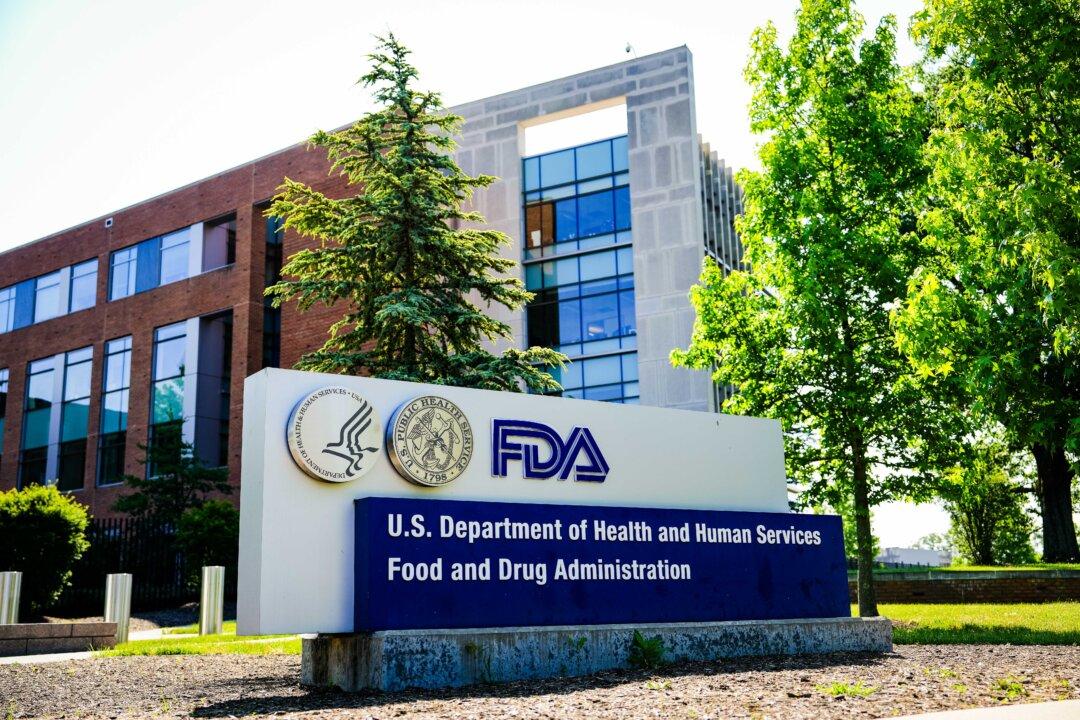The U.S. Food and Drug Administration (FDA) proposed a rule that would bring laboratory-developed tests under its regulatory authority, a decision that the Trump administration opposed during the COVID-19 pandemic when the agency wanted to regulate COVID-19 tests.
Lab-developed tests (LDTs) are services developed by clinical labs and hospitals. Such testing services aren’t commercially manufactured and marketed. Instead, they’re designed, manufactured, and used within a single laboratory, intended for clinical use.





